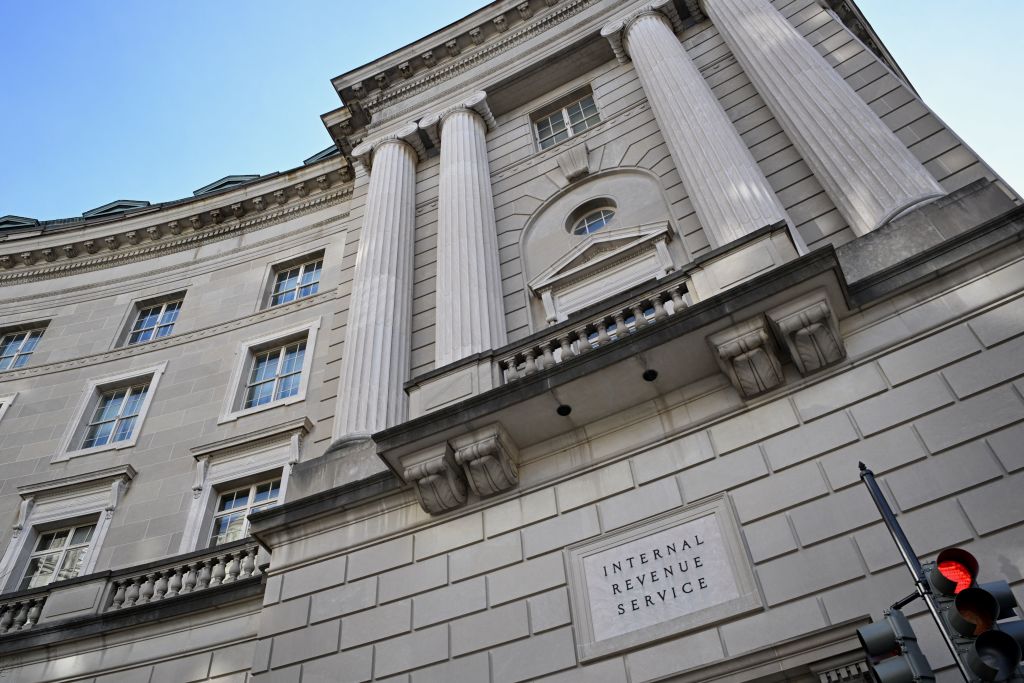
Taxpayer Assistance: IRS Offers Direction on State Tax Payments
The Internal Revenue Service (IRS) has made important information available regarding the federal tax status of special payments made by 21 states in 2022 to clear up any confusion and ensure proper tax administration.
This announcement is a comfort for taxpayers in several states who were unsure about the reporting obligations for these contributions on their 2022 tax returns.
IRS Clarifies Tax Treatment
Following a thorough investigation, the IRS has determined that disbursements for general welfare and disaster relief do not need to be disclosed on taxpayers’ 2022 tax returns.
Taxpayers in many states, such as California, Colorado, Connecticut, Delaware, Florida, Hawaii, Idaho, Illinois, Indiana, Maine, New Jersey, New Mexico, New York, Oregon, Pennsylvania, and Rhode Island, are significantly affected by the ruling.
Notably, Alaska is included in this group as well, albeit different conditions apply.
Additionally, if certain conditions are met, citizens of Georgia, Massachusetts, South Carolina, and Virginia may subtract state contributions from their federal tax income.
According to these requirements, the state payment must be a reimbursement for state taxes already paid, and the recipient must have either taken the standard deduction or itemized their deductions without receiving a tax benefit.
The IRS thanks the patience and cooperation of taxpayers, tax experts, software providers, and state tax administrators as they all worked together to handle the challenges presented by this particular case.
Several state initiatives that awarded special payouts in 2022, directly related to the pandemic and its aftermath, served as the background for this decision.
There are numerous exceptions to the general rule that state contributions are treated as income for federal tax purposes, especially for payments made by states in 2022.
The IRS is providing more information about the tax treatment of these payments in order to aid taxpayers in quickly filing their forms.
It is not included in federal tax income if the payment is a refund of state taxes paid and fits into the earlier-mentioned circumstances (standard deduction claimed or itemized deductions without a tax advantage).
Related Article: Lawsuit Pursues Permanency Of Michigan’s Income Tax Cut
Clarity on Exclusion of Specific State Payments

Under the General Welfare Doctrine or Qualified Disaster Relief Payments, payments intended to further the general welfare or made in reaction to disasters (such as the pandemic) may be exempt from federal taxation.
These payments must be categorized using a complex analysis with many different variables.
The IRS has determined that it will not contest the characterization of these payments as excludable income on original or amended returns for the tax year 2022 because of the intricacy of these scenarios and the need to provide clarity and certainty for taxpayers throughout the ongoing tax season.
As long as taxpayers don’t include the aforementioned amounts in their 2022 federal income, this decision is valid.
This decision includes payments from several states, including Illinois and New York, both of which made various payments with varied classifications available.
The IRS wants to make filing taxes simpler and provide some assurance to people navigating this particular tax environment.
It’s crucial to remember that several additional state payments, such as the Permanent Fund Dividend for Alaska and state compensation payments to employees, are typically regarded as income for federal tax reasons.
This IRS explanation is crucial for taxpayers in the big picture of taxes as they work through the complexities of their 2022 tax forms.
Taxpayers can move forward with a more complete awareness of their duties and rights as the IRS continues to modify its procedures to the changing tax landscape.
Related Article: Virginia Residents Eligible For $400 Tax Rebate: Check Your Eligibility
Source: Inferse














